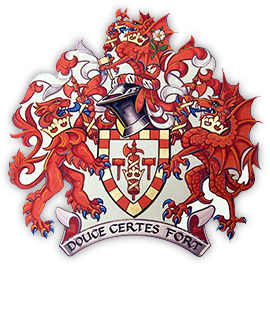HIGH Court enforcement officers (HCEOs) will not have an automatic right to enforce writs issued in their names when the Taking Control of Goods Act 2013 (TCGA) is implemented.
Since the Tribunals Courts and Enforcement Act (TCEA) gained Royal Assent there have been members of the HCEOA board who have worked tirelessly with the MoJ in advising, amending and agreeing a new fee structure, agreeing amendments to flawed legislation and moving forward; those very members will be involved in finalising the training and certification for Enforcement Agents post 6 April 2014.
Therefore, from an involvement perspective, HCEOs’ influence has been immeasurable. However we will have no automatic right to enforce writs issued in our names. So why the anomaly?
Certification and training will become a pivotal factor to alleviate any future allegations of aggressive bailiff behaviour; this is what we fully support as the enforcement agent on the doorstep clearly needs to have the correct training and certification.
Authorised HCEOs will be faced with this peculiar anomaly following the implementation of the TCGA, even though they possess a wealth of experience and understanding of enforcement.
How so? Schedule 12 of the regulations states “only an enforcement agent may take control of goods and sell them under an enforcement power”.
Therefore, it has been long accepted that because the regulations will be significantly different to old Sheriff Law, all HCEOs will have to be trained and certificated under the new regime. Even though members of the board have been involved in amending a number of sections of the TCEA, this will count for nothing under the certification process.
Our position in law is enshrined and governed within statutory regulation that is laid down by the High Court Enforcement Officers Regulations 2004.
It has for some time been recognised within the ranks of authorised officers (AO) that there are highly qualified solicitors, chartered surveyors, auctioneers and extremely qualified HCEOs, formally known as Sheriff Officers, with years of enforcement experience who will still have to qualify.
HCEOs have around 160 enforcement officers, collectively enforcing 73,000 writs per annum, and accept that they will all have to be trained and certificated in relation to the new regulations at, dare I say it, at a high cost to us.
However, the anomaly will exist when a high court writ is issued. Writs are issued to an AO who is named. Post 6
April next year, the AO who has personal responsibility and liability in law will not be allowed to enforce the writ himself, unless he is trained and certificated, but could transfer responsibility to an enforcement agent who is certificated under the new regulations.
So unless the highly qualified HCEO undertakes the new certification, he will not be able to enforce writs issued in his name, irrespective of whether his knowledge of the TCGA is far greater than the enforcement agent who physically enforces that writ.
An anomaly indeed.
Martin Leyshon
Chairman
Article Published in the CCR Magazine November 2013





